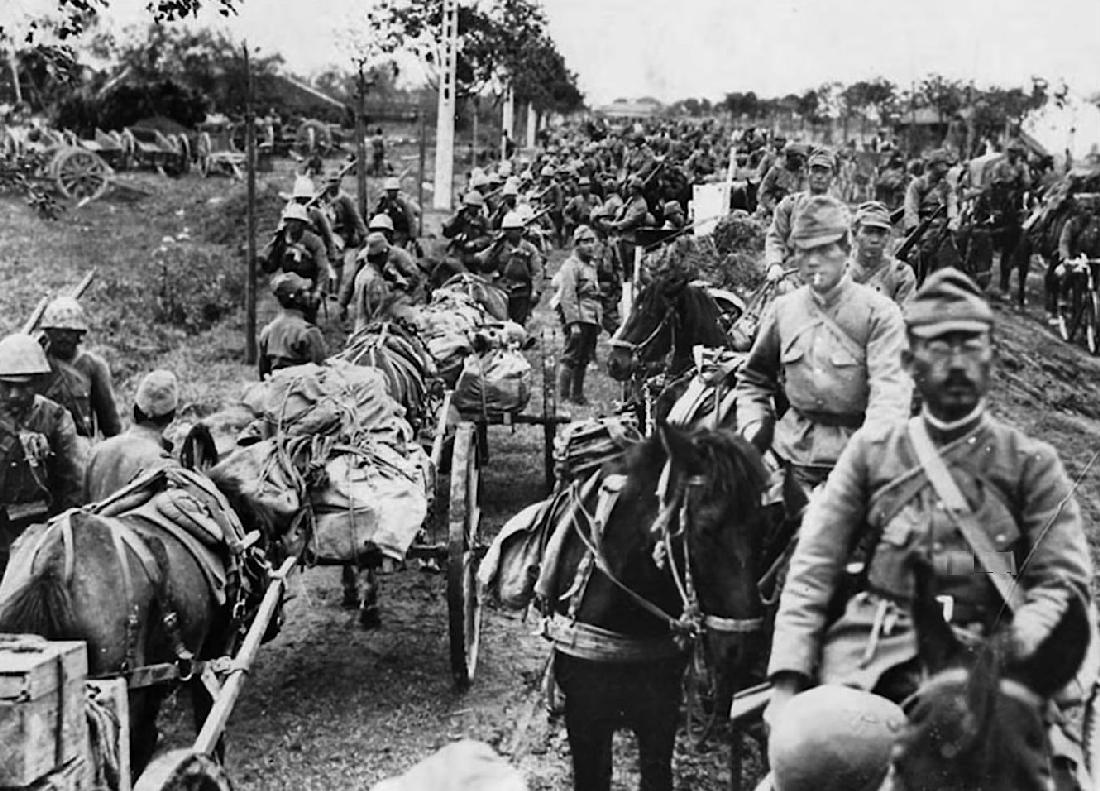
The Japanese Army played a significant role during World War II. They were known for their bravery, tactics, and sometimes brutal conduct during the war. The Japanese Army was one of the most powerful armies in the world at that time, but they were ultimately defeated by the Allied forces. In this article, we will explore the history and actions of the Japanese Army during World War II.
Background

The Japanese Army had a long history, dating back to the feudal era of Japan. In the late 1800s, the Japanese Army underwent modernization and Westernization, which greatly improved their military capabilities. By the 1930s, the Japanese Army was one of the most powerful and well-equipped armies in the world.
Japan's aggression in Asia led to its involvement in World War II, which began in 1939. The Japanese Army quickly conquered much of Southeast Asia, including the Philippines, Singapore, and Burma. The Japanese Army also attacked the United States at Pearl Harbor in 1941, which brought the United States into the war.
Tactics and Conduct

The Japanese Army was known for its innovative tactics, which included surprise attacks and infiltrating enemy lines. They were also known for their harsh conduct during the war. The Japanese Army often engaged in brutal tactics, such as torture and execution of prisoners of war. The treatment of prisoners of war by the Japanese Army was notorious, with many prisoners being subjected to forced labor, starvation, and medical experimentation.
The Japanese Army also utilized kamikaze attacks, in which pilots would deliberately crash their planes into enemy ships. These attacks caused significant damage to the Allied forces and were a source of fear and terror for Allied soldiers.
Defeat and Surrender
Despite their initial success, the Japanese Army was ultimately defeated by the Allied forces. The turning point of the war came at the Battle of Midway, where the Japanese suffered a significant defeat. The Allied forces then launched a series of successful offensives, including the Battle of Guadalcanal and the Battle of Iwo Jima.
The Japanese Army surrendered on September 2, 1945, after the United States dropped atomic bombs on Hiroshima and Nagasaki. The surrender of the Japanese Army marked the end of World War II.
Legacy
/WW2JapaneseTroopsHultonGetty1941-56a0437c5f9b58eba4af9461.jpg)
The legacy of the Japanese Army during World War II is a complex and controversial topic. While the Japanese Army was known for its bravery and innovative tactics, they were also responsible for many atrocities during the war. The treatment of prisoners of war by the Japanese Army is still a source of controversy and tension between Japan and its former enemies.
Today, the Japanese Army is known for its peacekeeping efforts and humanitarian missions. The Japanese Army has been involved in peacekeeping operations in many parts of the world, including Iraq and South Sudan.